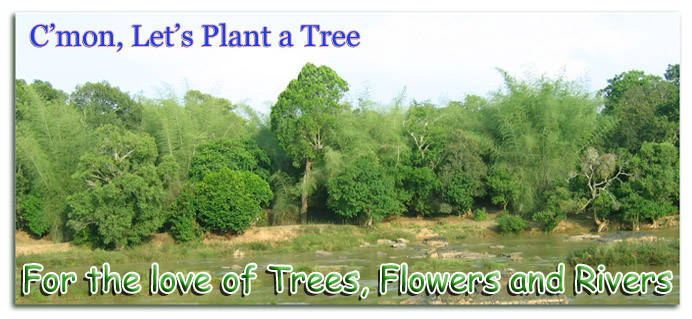
AFIASO, Ghana (AP) — Years ago, no one thought twice about felling the rainforest around this village in West Africa.
Land was cleared, cocoa and palm oil were planted, and the hamlet survived. But the wind blows stronger across the fields and scrub these days, and the rainfall is heavier than the elders remember.
"Before, the weather wasn't so hot," says the village chief, Nana Opare Ababio.
Afiaso, with 620 people, is on the border of Ghana's Kakum National Park, about 200 kilometers (120 miles) from Accra, where a 160-nation U.N. conference is discussing how the issues of deforestation and conservation fit into a new global treaty on climate change.
As delegates ponder the big picture, sometimes it helps to see the direct impact these issues have on villages like Afiaso.
An estimated 32 million acres (13 million hectares) of forest are lost to loggers, farmers and fires every year, according to the U.N. Food and Agricultural Organization. Most of it is in the Amazon, in Southeast Asia and in West Africa.
Trees, and especially the diverse vegetation of tropical rainforests, soak up and store carbon dioxide, the main greenhouse gas blamed for global warming. Decaying or burning trees releases carbon into the air. Scientists estimate that deforestation accounts for up to 20 percent of the carbon added by man to the atmosphere.
Read on




No comments:
Post a Comment